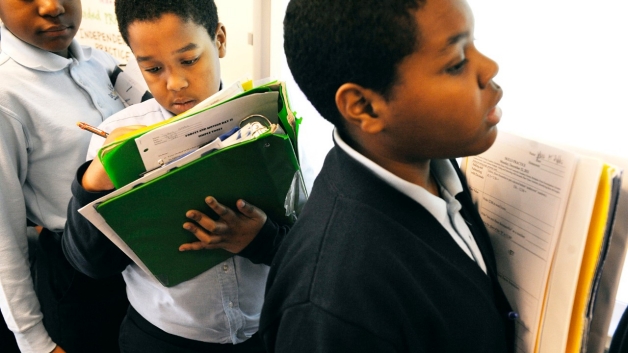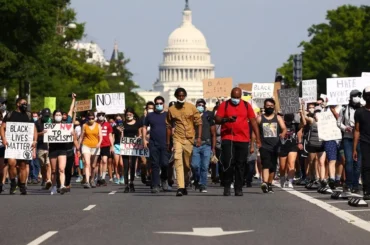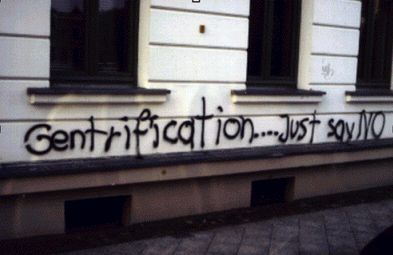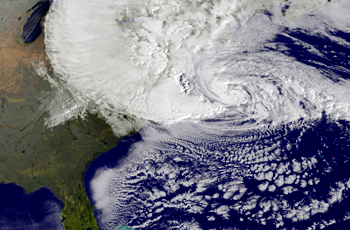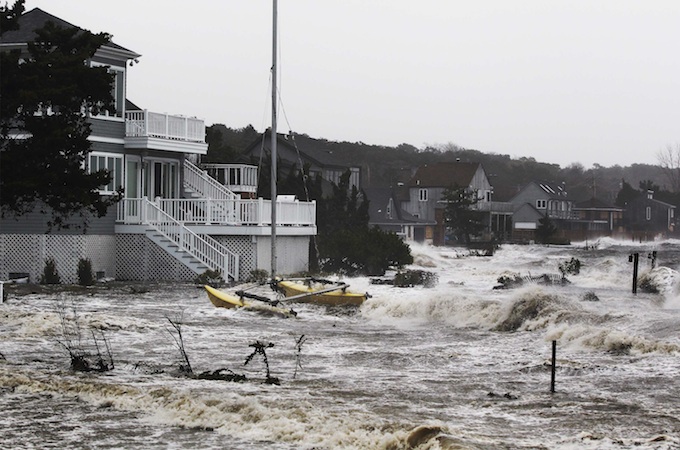POLITICO 11/24-25/12 By Michael Shank and Sonia Manzano No longer can the President of the United States defer dealing with immigration. While it was barely a campaign issue, for America to continue avoiding comprehensive immigration reform is plainly inexcusable. When President Obama takes up immigration reform in 2013 he must […]
Author: Michael Shank
Need a Thoughtful, Efficient Legal Immigration Process
AL JAZEERA 11/21/12 Huffington Post 11/26/2012 By Michael Shank and Sonia Manzano No longer can the President of the United States defer dealing with immigration. While it was barely a campaign issue, for America to continue avoiding comprehensive immigration reform is plainly inexcusable. When President Obama takes up immigration reform […]
Education Disparities Persist in D.C.
BET 11/16/12 By Cord Jefferson The nation’s capital now has the worst racial achievement gaps in the country when it comes to educating children. A new op-ed in the Huffington Post dredges up a well known but important topic of conversation: the growing and increasingly entrenched disparities between whites and […]
DC’s Gaping Wound: Income and Education Gaps Are Gutting Mobility
Huffington Post 11/15/2012 By Michael Shank Of the two rivers that cup our nation’s capital — the Potomac and the Anacostia — the latter of the two is, perhaps, the most apt reflection of where America is at socio-economically. The Anacostia River, the Anglicized namesake of which was first officially […]
Anacostia: Why I Have Faith in the Future of My Neighborhood
WASHINGTON POST 11/14/12 By Michael Shank Of the two rivers that cup our nation’s capital — the Potomac and the Anacostia— the latter of the two is, perhaps, the most apt reflection of where America is at socio-economically. The Anacostia River, the Anglicized namesake of which was first officially recorded […]
Racism and Classism in the Heart of America’s Capital
AL JAZEERA 11/13/12 By Michael Shank Of the two rivers that cup our nation’s capital – the Potomac and the Anacostia – the latter of the two is, perhaps, the most apt reflection of where America is at socio-economically. The Anacostia River – the Anglicised namesake of which was first […]
The District’s Divide: Classism, Racism and the Re-Election of Marion Barry
POLITICO 11/09-11/12 By Michael Shank Of the two rivers that cup our nation’s capital – the Potomac and the Anacostia – the latter of the two is, perhaps, the most apt reflection of where America is at socio-economically. The Anacostia River – the Anglicized namesake of which was first officially […]
How To Stop The Stone-Throwing in Anacostia
Washington Post 11/08/2012 By Michael Shank The Post couldn’t be more right in reproaching Metro for its proposal to cut back bus service in parts of Anacostia [“The wrong route,” editorial, Nov. 6]. The given reason for the possible change is people throwing stones and bricks at buses. While this […]
Why We Heart Hurricanes: The Climate Change Connection
POLITICO 11/02-04/12 By Michael Shank Watching television this week, as Hurricane Sandy descended on Washington D.C. and meteorologists scurried to remain atop the latest forecasting, myriad presidential election campaign advertisements were met with one major marketing competitor: the American Petroleum Institute and its various oil, coal and gas bedfellows. It […]
Hurricane Sandy: Time to Do Something About Climate Change
AL JAZEERA 11/01/12 By Michael Shank Watching television this week, as Hurricane Sandy descended on Washington, DC, and meteorologists scurried to remain atop the latest forecasting, myriad presidential election campaign advertisements were met with one major marketing competitor: the American Petroleum Institute and its various oil, coal and gas bedfellows. […]


